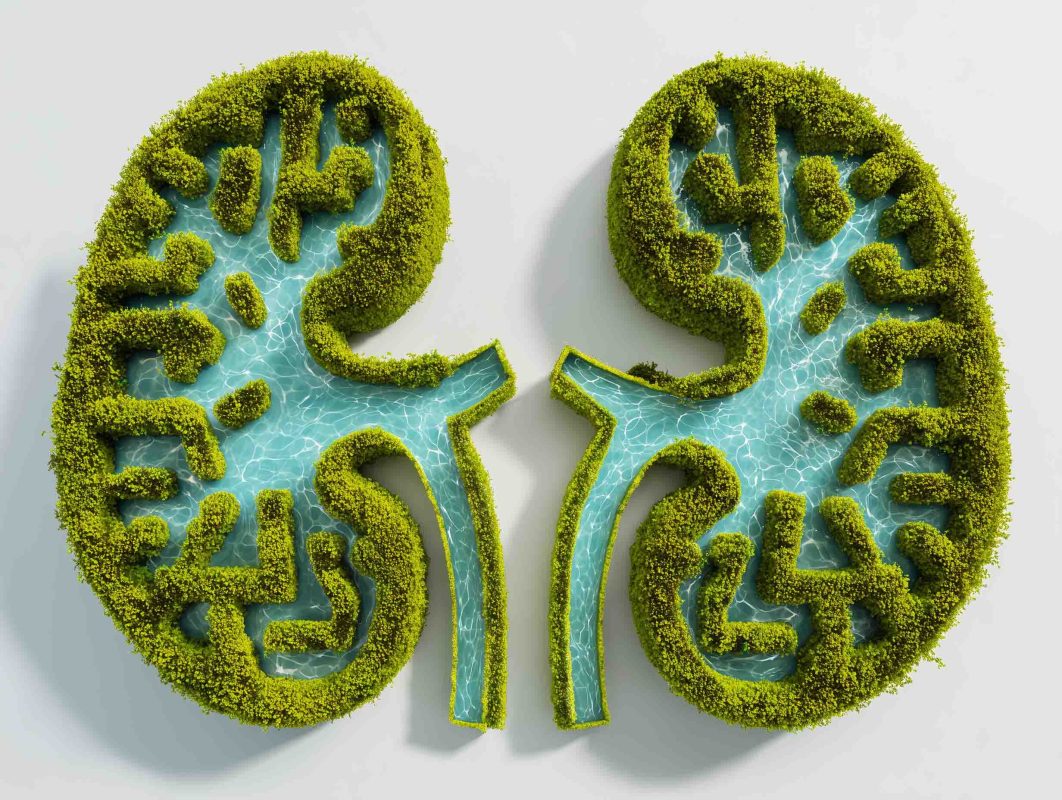When kidneys are healthy, they filter wastes and extra fluid, balance minerals, help control blood pressure, and support red blood cell production. When they fail, toxins and fluid build up, which can be life-threatening. At that point, there are four care pathways to consider: hemodialysis, peritoneal dialysis, kidney transplant, and palliative care.
The Four Treatment Pathways
1) Hemodialysis (HD)
Hemodialysis cleanses your blood using an artificial kidney (dialyzer) and a hemodialysis machine. It requires trained staff, electricity, and ultra-purified water.
Types of hemodialysis
- In-Center Hemodialysis: Done at a dialysis facility, typically 3× per week for 3–4 hours each session.
- Home Hemodialysis: Similar to in-center HD but performed at home with the help of a care partner.
- Short Daily Hemodialysis: 5–6 times/week at home, shorter sessions (≈2–3 hours).
- Nocturnal Dialysis: At home or in-center (where available), overnight for 8–10 hours, 3–6 nights/week, while you sleep.
2) Peritoneal Dialysis (PD)
Peritoneal dialysis uses the lining of your abdomen (peritoneum) as a natural filter. Sterile dialysate flows in through a catheter, absorbs wastes and extra fluid, then drains out.
- Typical schedules involve 4–6 exchanges per day or about 8 hours overnight.
- Manual exchanges: Performed 4–5 times during the day without a machine.
- Cycler-assisted overnight PD: A cycler machine performs exchanges while you sleep. (Naming can vary by clinic.)
3) Kidney Transplant
A transplant replaces your failed kidneys with a healthy kidney from a living or deceased donor. You’ll need immunosuppressive medications to prevent rejection, which raises infection risk. Many people experience improved energy, diet flexibility, and quality of life after recovery.
4) Palliative Care
Palliative care focuses on comfort, symptom relief, stress reduction, and quality of life—especially when dialysis or transplant aren’t desired or medically appropriate. It supports you and your family in aligning care with your goals and values.
Important: Without hemodialysis, peritoneal dialysis, or a transplant, individuals with kidney failure will not survive.
Choosing What’s Right for You
Treatment for end-stage renal disease (ESRD) is highly individual. Your choice depends on your medical condition, lifestyle, support system, and personal preferences. Discuss options with your nephrologist and family to find the best fit.
Medicare Part B Education Benefit
If you have chronic kidney disease but are not yet on dialysis and you carry Medicare Part B, you may qualify for up to six educational sessions to learn about treatment options, diet, access planning, and more. Ask your kidney care team how to enroll.
Quick Q&A
Is home dialysis safe?
Yes—when you’re properly trained and supported. Home HD and PD offer flexibility and a familiar environment, though they require responsibility and, often, a care partner.
Will I need to change my diet?
Most people with CKD or on dialysis need dietary adjustments (e.g., sodium, fluid, potassium, phosphorus). A Registered Dietitian can tailor a plan to your labs and treatment.
What about daily life?
People on dialysis work, travel, and enjoy time with family. Planning—and a team that helps you troubleshoot—makes a big difference.
Next Steps
- Meet your nephrologist to review all four pathways.
- Ask about CKD education sessions (Medicare Part B benefit if eligible).
- Request a referral to a Registered Dietitian to optimize your nutrition for kidney health.
- Talk with your family about goals, preferences, and support at home.
Disclaimer
This article is for general education only and is not a substitute for medical advice. Always consult your nephrologist and care team for diagnosis, treatment, and individualized recommendations.
Source
Dialysis Patient Citizens (DPC): https://www.dialysispatients.org/
Prepared from the provided patient education summary describing hemodialysis types, peritoneal dialysis methods, kidney transplantation, palliative care, and Medicare Part B education sessions.
- “The Climb” Hits Drohan Apartments: Scaling the Leaderboard in the Battle of the Buildings!
- DASH Diet for Seniors: A Simple Guide to Lowering Blood Pressure
- Warm Hearts in a Snowstorm: The Quincy BP Challenge Hits Tobin Tower
- Common Diabetes Symptoms in Seniors: What to Watch For
- The A1C Test: Understanding Your “Big Picture” Health


